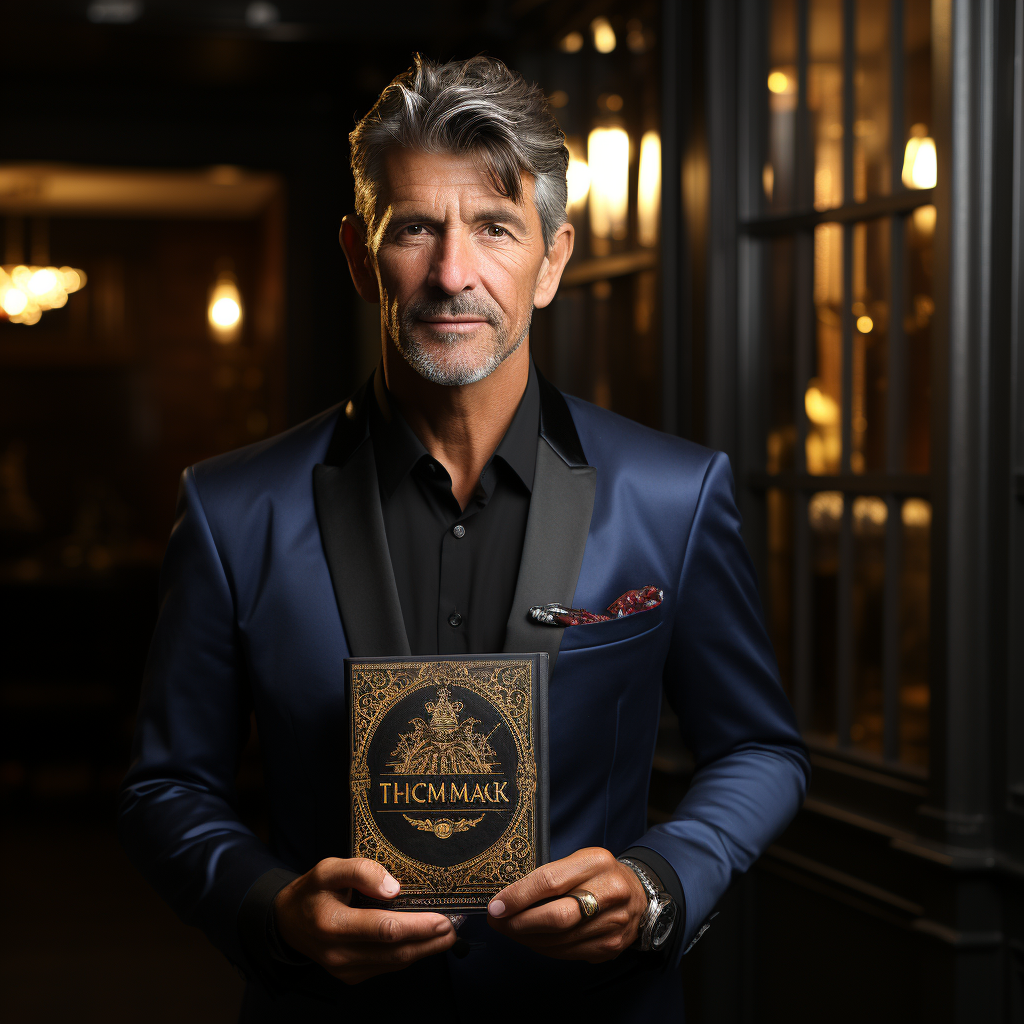The path to progress is not just about setting goals; it’s about the mindset and daily habits that transform dreams into realities. Here’s a deep dive into the elements that can guide anyone from aspiration to achievement:
- Desire is Required for ProgressDesire is more than just a fleeting wish; it’s the spark that ignites the journey towards a goal. Without a strong desire, it’s easy to lose direction and purpose. It’s this burning passion that fuels persistence, enabling one to overcome challenges and keep moving forward.
- “WHY” – Do It for Yourself, Because You Want ItThe reason behind pursuing a goal, the “why”, is the anchor that holds everything together. During challenging times, revisiting this core motivation provides clarity, reignites passion, and reminds one of the bigger picture.
- How to Be Excited/Hyped-UpMaintaining excitement and enthusiasm is crucial to sustain momentum. By surrounding oneself with positive influences, celebrating small milestones, and keeping the end goal in sight, one can stay motivated and charged up for the journey ahead.
- Self Reinforced DailySuccess is a culmination of daily efforts. Consistency in actions, thoughts, and affirmations lays the groundwork for long-term achievement.
- Be the Type to Give It All: Wholehearted commitment ensures that every effort is maximized, leaving no room for regrets.
- Affirm So: Positive affirmations have the power to strengthen beliefs, bolster self-confidence, and shape one’s reality.
- Rule = Self RulePersonal rules and guidelines act as the backbone of one’s journey. By setting and adhering to these self-imposed standards, one can stay aligned with their goals and maintain integrity in their actions.
- Practice Until It Becomes Second NatureMastery is achieved through relentless practice. By continuously honing one’s skills and pushing the boundaries, actions become instinctual, leading to excellence.
In essence, the journey of progress is a blend of passion, purpose, excitement, discipline, and relentless practice. By embracing these principles, one can navigate the path from aspiration to realization with confidence and grace.
In conclusion, Di Tran’s soon-to-be-released book, “Drop the FEAR and focus on the FAITH,” serves as a poignant reminder that progress and personal growth are often hindered by our internal apprehensions. By shedding the weight of fear and embracing the transformative power of faith, we can unlock a reservoir of potential within ourselves. Tran’s insights encourage readers to shift their perspective, urging them to move beyond the constraints of doubt and step confidently into a realm of belief and possibility. As we turn the pages of life’s challenges, let faith be the compass that guides our journey, illuminating the path to our truest potential.









